A one-of-a-kind play today will examine how the Tibetan community has stayed committed to the path of peace amid decades of atrocities and oppression
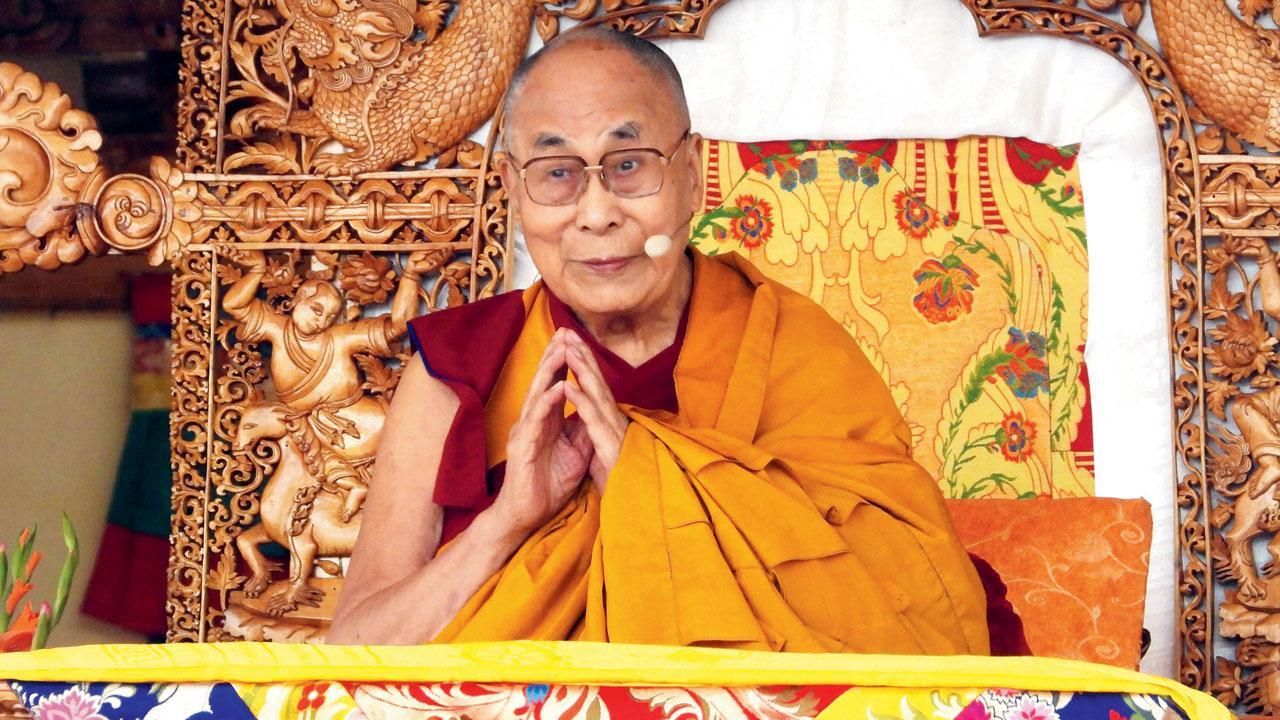
His Holiness the 14th Dalai Lama
In November 2006, Lhakpa Tsering, the-then president of the Tibetan Youth Congress’ Bengaluru Chapter, found himself in front of Mumbai’s Taj Mahal Palace. Hu Jintao, who was the Chinese president at the time, was in town. The Tibetan student — who fled his homeland at the age of nine — had made his way to Mumbai with a band of protesters, but couldn’t do much from their designated protest spot at August Kranti Maidan. “Thousands have died under Hu Jintao’s rule in the Tibet Autonomous Region (TAR). I wanted to show the world his real face,” recalls Tsering, who self-immolated himself. “I didn’t have any other option,” he tells us simply over a call from Delhi, echoing the essence of the path of non-violence that thousands of Tibetans have marched on in the face of extreme oppression.
ADVERTISEMENT
 Moments from the production
Moments from the production
Tsering returns to the city again today — this time, with theatre as his medium of expression. Directed and translated by him, Pah-Lak, a Tibetan production written by Abhishek Majumdar, will be staged at Prithvi Theatre as part of their ongoing festival. Created in collaboration with Tibetan Institute of Performing Arts (TIPA), Dharamshala, this piece by Tibet Theatre features artistes from the community, and is co-directed by Harry Fuhrmann.
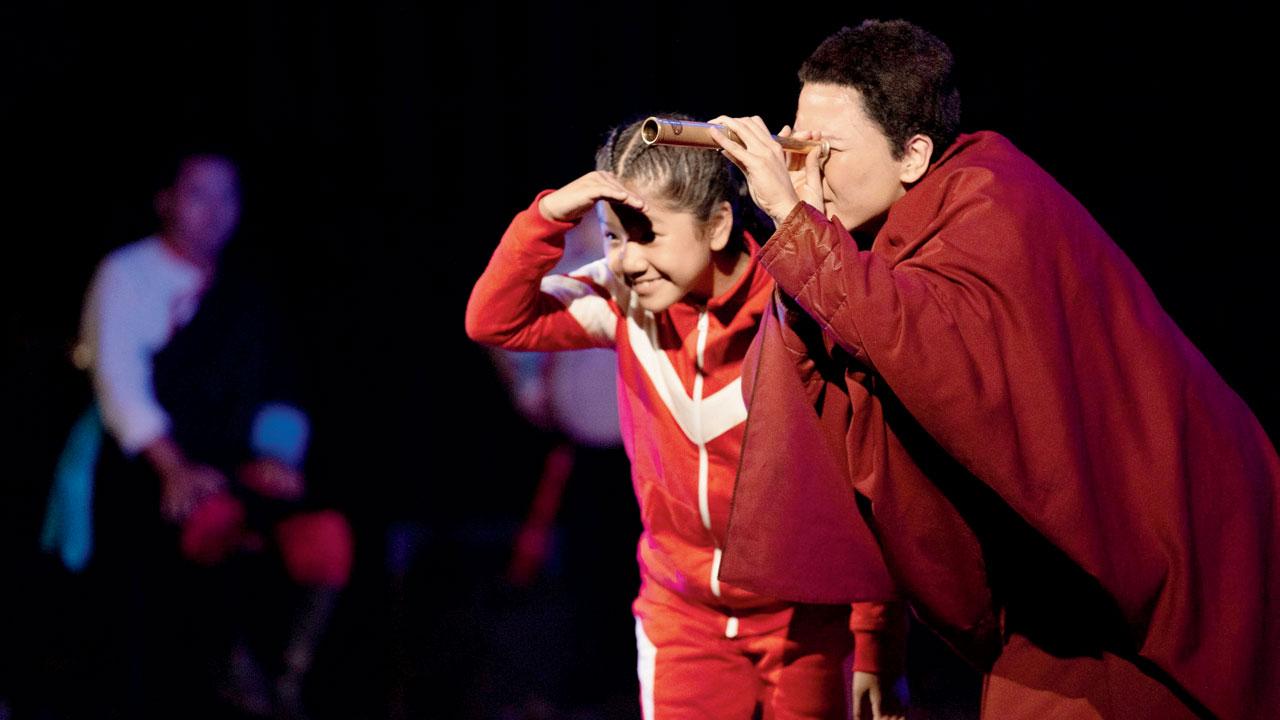
It took Majumdar five years to develop the script. While imagining the future of non-violence, he got thinking about how the mid-20th century witnessed so many non-violent movements in Commonwealth countries. “What has happened for us to consider non-violence as weaker than violence today? This prompted me to think about the biggest non-violent movement today, which is the Tibetan struggle,” he notes.
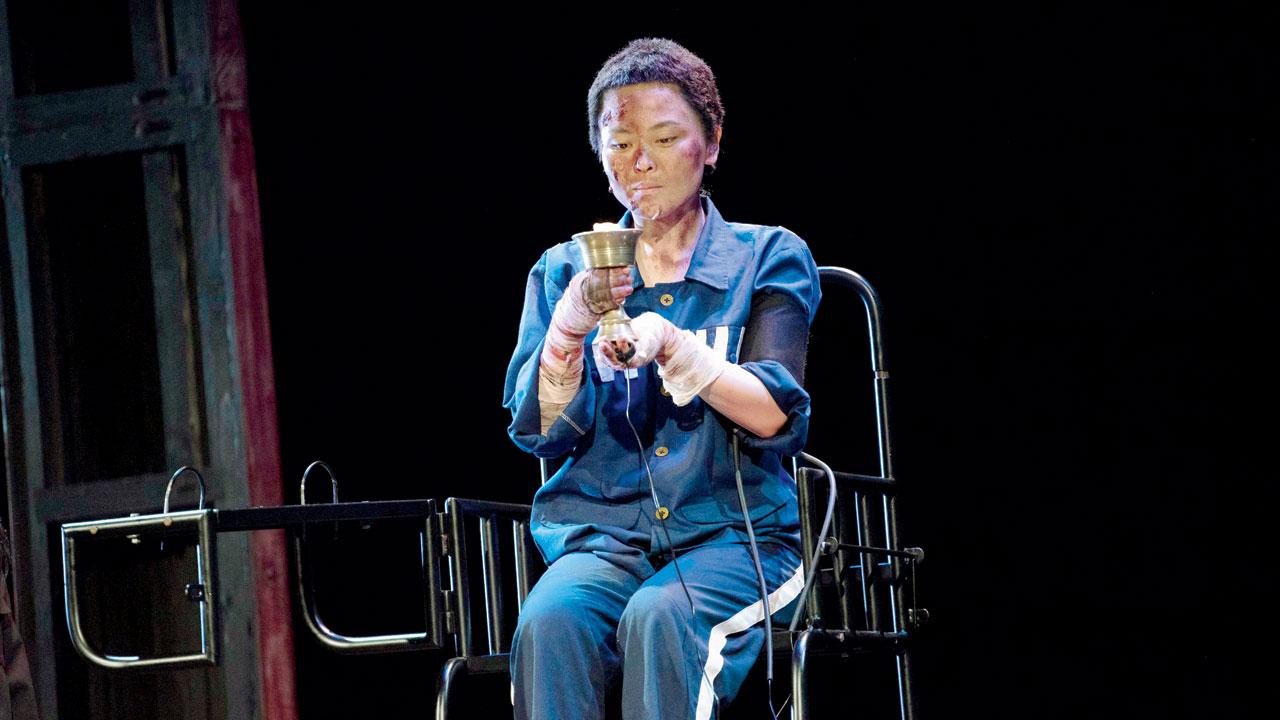
The playwright immersed himself in research on Tibetan Buddhism and Tibetan exile. He interviewed hundreds of Tibetans in exile and established contact with prison guards, who resigned from TAR capital Lhasa in 2008 and returned to Beijing. Playwright Mahesh Dattani, his teacher, helped him connect with The Foundation for Universal Responsibility, and Majumdar also met His Holiness the 14th Dalai Lama. A part of the research was supported by the foundation. To sniff out the story from China and Tibet, Majumdar travelled there, too. “During the day, my wife and I would do touristy things to stick to their itinerary. At night, I would step out for the interviews. The dangerous part was getting into a prison. I had to do it as I knew the play would be set in a prison,” he tells us.
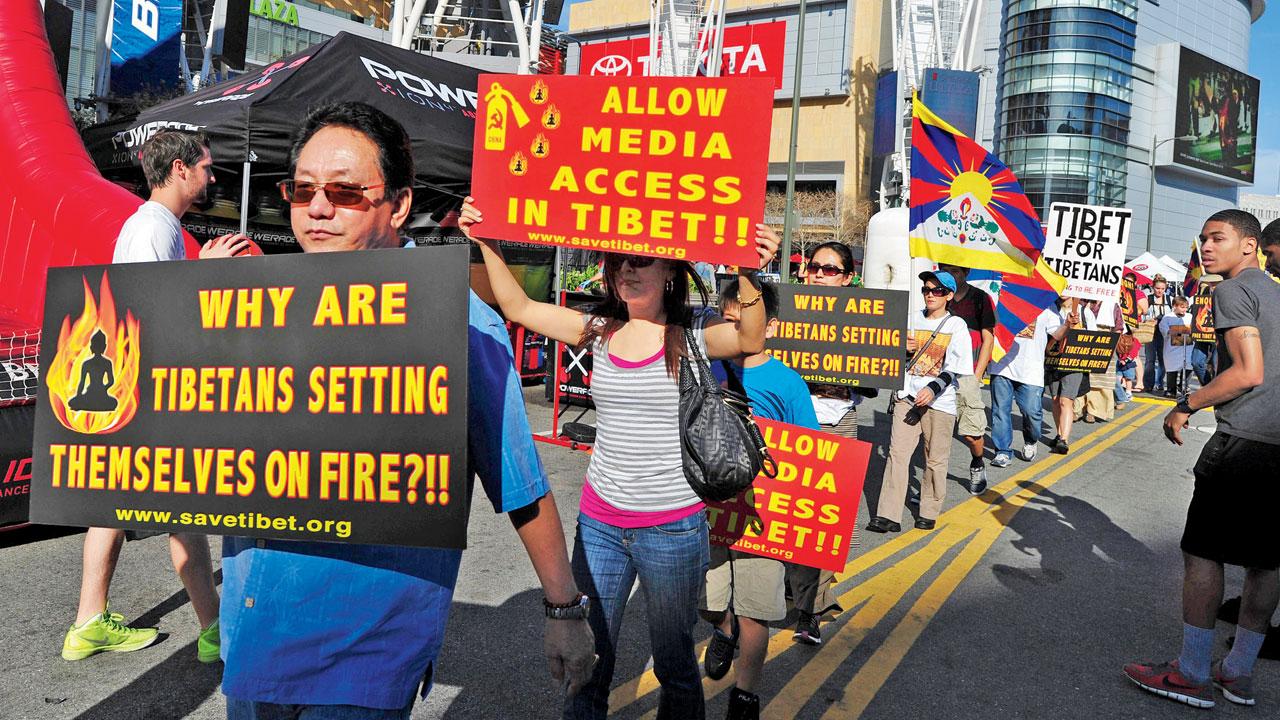
A Free Tibet rally in LA in 2012. Pics Courtesy/Getty Images
The play, which was first performed in London in 2019, revolves around Deshar, a Buddhist nun, who lives in a remote village in eastern Tibet. When the nuns resist the re-education measures by the Chinese, the monastery is shut down. The helplessness amid permanent oppression drives her to self-immolation — the ultimate path of non-violence in Buddhism. “The plot explores what it means to be non-violent in this world today, where violence is so easily available,” Majumdar reveals.
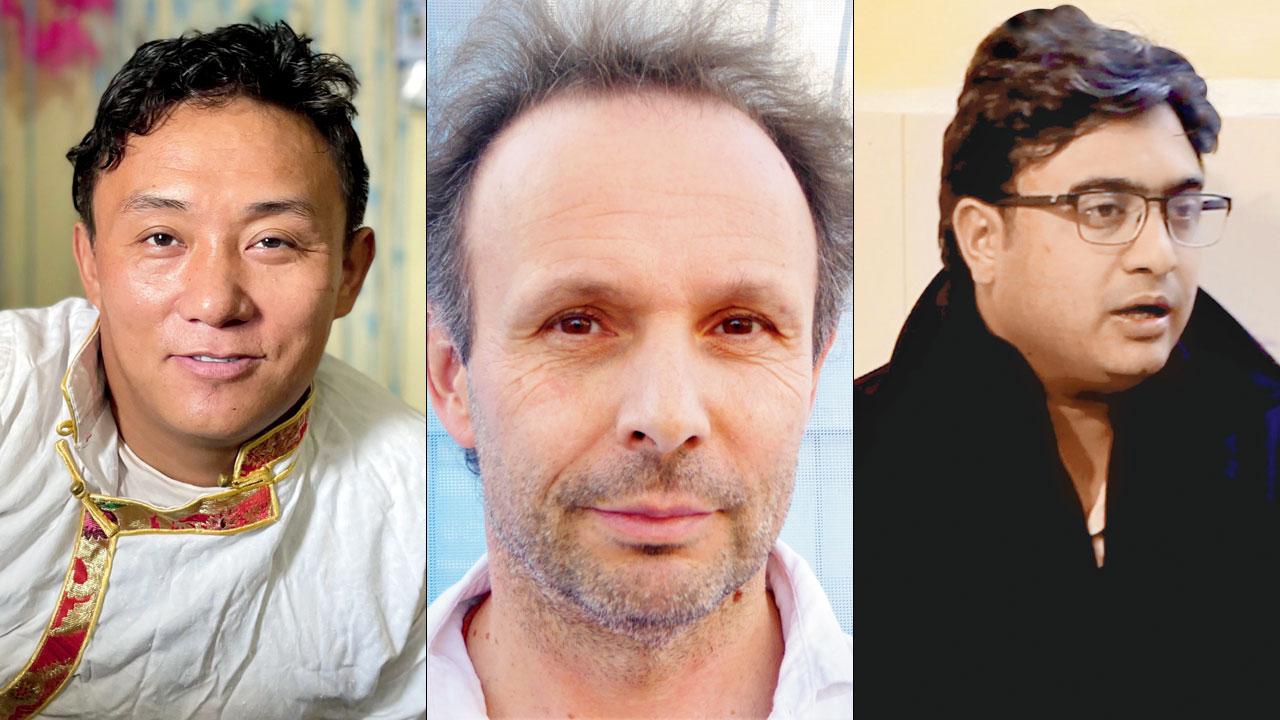
Lhakpa Tsering, Harry Fuhrmann and Abhishek Majumdar
Tsering, founder of Tibet Theatre, started translating the English play into Tibetan in 2020. His early experiences in China-occupied Tibet — of learning to hold a gun since the age of six while in school, as mandated by the Chinese; viewing India as “the enemy”; fleeing his abusive step-father to cross over to India and growing up here as a Tibetan refugee — colour the story of Pah-Lak. “It also explores how the Chinese are ultimately human beings and that Tibetans don’t hate them. It is based on real events but it also fills you with hope for the future,” he adds.
The 15-member team is set to tour Goa, south India and Europe next. This is the biggest theatre tour for a Tibetan play. Fuhrmann, who trained the artistes at TIPA, shares that it was an emotional journey working on the play. “All the actors have loved ones in Tibet and it’s a task for them to tell the world about what’s happening in Tibet...It’s being forgotten. The play helps to create awareness about the movement,” he adds.
On: Today; 6 pm and 9 pm
At: Prithvi Theatre, Juhu.
Log on to: in.bookmyshow.com
Cost: Rs 750
 Subscribe today by clicking the link and stay updated with the latest news!" Click here!
Subscribe today by clicking the link and stay updated with the latest news!" Click here!







